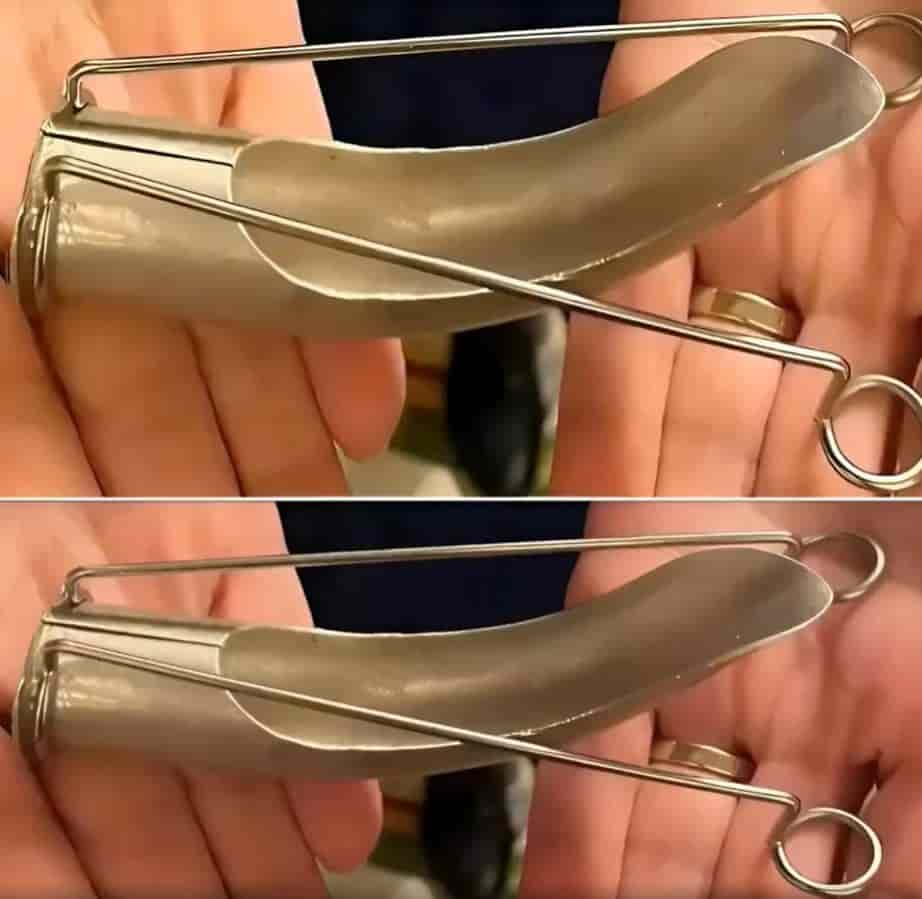“Noticing your neck looks larger than usual? Don’t overlook it — your body might be trying to tell you something important.”

Jugular Vein Distention (JVD): A Sign Your Heart May Be Struggling
What Is JVD?
Jugular Vein Distention (JVD) is the noticeable bulging of the jugular veins in your neck. While it’s usually not painful, it can be a warning sign of serious heart or circulatory problems—most commonly heart failure.
Why It Matters
JVD is typically discovered during a physical exam when the jugular vein appears visibly swollen or raised. Persistent swelling can be a red flag for potentially life-threatening cardiovascular issues.
What Causes JVD?
JVD happens when pressure builds up in the veins due to heart or lung problems. Common culprits include:
- Right-sided heart failure – When the heart can’t pump efficiently, blood backs up and causes neck veins to swell.
- Pulmonary hypertension – High blood pressure in the lungs increases strain on the heart.
- Constrictive pericarditis – Thickening or inflammation of the heart’s outer lining limits its movement.
- Superior vena cava obstruction – A tumor or blood clot can block this major vein.
- Tricuspid valve stenosis – Narrowing of the heart valve disrupts blood flow.
- Cardiac tamponade – Fluid buildup around the heart compresses it, reducing its ability to function.
Other Symptoms That May Accompany JVD:
- Swelling in the legs or abdomen
- Shortness of breath or persistent cough
- Fatigue or general weakness
- Nausea or poor appetite
- Sudden weight gain
- Nighttime urination or mental confusion
Diagnosis & Treatment
Remember, JVD is a symptom—not a condition itself. Pinpointing the cause is critical. Your doctor may recommend tests and treatments that could include medications, lifestyle changes, or surgery depending on the underlying issue.
Important: Never ignore JVD or try to treat it at home. If you notice persistent neck vein bulging, seek medical attention promptly.
 Fact Stream Daily
Fact Stream Daily


